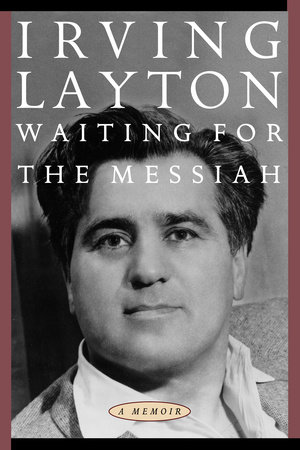
Recently
I read a news report that Rasputin's daughter Marie had died of a heart
attack in California. Apparently, she had been busy the last few years
co-authoring a book attempting to exonerate her father of what she
claimed were 'calumniating infamies'.
Coincidentally, I had a
dream shortly afterward. I recall waking from the dream disturbed, yet
only one scene remained clear; that I was in a bucolic setting and there
saw my uncle walking toward me. He looked young and sported a full
head of hair, which seemed peculiar in itself since I'd never known him
young and he'd always been bald. As he approached me he began to
diminish in size and his clothes appeared to melt until he stood before
me wearing a fatuous smile and nothing else; a naked imp. That same
dream occurred three nights in succession.
Guilt. It was as
simple as that; I felt subliminally guilty because I'd impugned his
memory. "Rachel, I have bad news for you", my kid brother Barry had
said, calling from Toronto. His voice sounded half-strangled, a poor
connection I thought.
"What?" I gulped, imagining all kinds of disasters that might really have mattered to me.
"Uncle Frank died."
At
first it didn't quite penetrate. I mean, my first reaction was, why
was this bad news? After all, the man had been sick for a while, he
wasn't young, and furthermore he meant very little to me. Too bad, I
felt, but that's life.
"Oh", I finally replied. I suppose my reaction seemed too pallid, even long-distance.
"He was a good man", Barry said with surprising piety, as though daring me to deny it.
Again,
I didn't know what the hell he meant. What was so good about the man?
Barry hardly knew him. Then I recalled that during his last visit
Barry had been wildly enthusiastic about his late discovery that Uncle
Frank was an amateur soil-tiller. Barry is a professional
environmentalist, you see, with a doctorate in ecology, and he was
thrilled to discover that Uncle Frank used manure instead of commercial
fertilizer on his vegetables. Barry is younger than me, another
generation entirely.
Mine isn't particularly dedicated to anything,
while his is serious, too serious about issues that pass right by me.
"You don't know what you're missing, Rachel", Barry had once said to me.
"I'd like to turn you on."
"Incest doesn't excite me", I'd
said, and he looked disgusted. Maybe he thought there was a natural
affinity in both kinds of grass, and getting me into one would excite a
latent interest in the other.
All this nonsense going through my head, and I said, almost casually, "What the hell! He wasn't such a good man..."
"What do you mean?" Barry shot back.
"He was a child-molester, our Uncle Frank."
"What the hell...!"
"That's right, dear brother. Me, he assaulted me, before you were ever born."
Silence, then a cool and very polite 'goodbye'. And that was the last time he called. Pity. I miss him.
In
retrospect I think I was wrong, I should have shut up; of course I
should have, but I always was impulsive. Anyway, it brought back
memories, and I began to muse on definitions of good and bad; how to
equate personal characteristics with one or the other, and who, really,
is the final judge?
When I was about six or seven I used to run,
two steps at a time, up and down the stairs to our second-floor flat.
Once my mother had given me an empty milk bottle to return, and sent me out for a quart
of milk from the corner store. I tripped, missing the second-to-last
step. The bottle remained intact, but I incurred a hairline fracture. I
wore a cast for about six weeks. Since my mother worked, my aunt,
Uncle Frank's wife, offered to take me to the hospital to have the cast
removed at the proper time.
My aunt and uncle had a roomy
apartment on Dundas Street, back then. I can remember him going up through a
trap-door in the ceiling of the hallway to get to the roof. He'd trap
pigeons up there; show them to me, their beady eyes blinking as he
gently stroked their feathers. They were destined for the cookpot.
I
had two cousins, a boy and a girl, both older than me. My aunt
wouldn't permit me to sleep with either of them, but instead set up a
makeshift bed for me, between her bedroom and her children's, beside a
French door connecting the two. In the morning, before daylight, I saw
my aunt get up from her bed and move like a white-sheeted wraith down
the hallway toward the kitchen. I had slept badly during the night, not
only because the 'bed' was uncomfortable, but also because it was my
first night ever away from home. The traffic outside threw ribbons of
light over the ceiling, and shadows seemed to loom from every corner. I
worried too about how the 'operation' would proceed the following day -
cutting the cast off. I imagined the knife slipping, and goodbye arm.
My
uncle, seeing that I was awake, motioned me to get up, to come over.
He lifted a corner of the quilt, inviting me into his bed. "Come, get
in", he said. At first it seemed an appealing idea. Then I caught the
thick odour of nightsweat and hung back, shaking my head. "Get in", he
insisted, "and don't make any noise - you don't want to wake your
cousins."
Obedienty, I scrunched myself into a private little
ball, distancing myself from him, but surprisingly he moved closer. "I
won't hurt you", he promised, weighting me down, "relax and don't make
any noise."
Years later they bought a house on Indian Road, right
next to High Park. My uncle transformed the paltry yard into a Garden
of Eden. Neat rows of vegetables thrived under his devoted hoe. He
grew fruit trees from seed and lavished care on every type of flower.
although a short, squat man with a broad peasant face, when in his
garden he glowed, became a voluptuary moving as in a trance through a
green dream.
I disliked their house, but would go there with my
mother, leave her there, and go off myself to High Park to wander
around; over to Grenadier Pond, where the Queen's Grenadiers were
reputed to have followed their leader unswervingly, drowning, every last
man of them, unwilling to break the perfection of their suicidal march.
From there to the animal cages, where bison and oriental goats were
kept. Then to the smaller ponds where water-fowl abounded and if I was
sharp-eyed I could catch them mating. I'd lose myself in the trees,
imagining I was in a jungle and not me at all, but my hero, Tarzan of
the Apes.
I was a dark-skinned child, small for my age, with long
black hair. My mother would wash my hair with coarse soap that stung
my eyes, and then rinse it with lemon juice, accentuating the agony.
Finally, she would rake it with a fine-toothed comb; my school shed a
lot of 'cooties'. My hair, curly, would snag on the comb, and it was an
excruciating procedure. Once, to try to make her stop torturing me, I
shouted apropos of nothing. "Uncle pulled my pants down!". She slapped
me.
Well, it had been true. He had persuaded me to let him take
my pants down one evening at High Park; promised me a purse of my own,
real leather, just like one he'd bought for his daughter. I was an
avaricious child, but I never did get that purse.
Not long after,
I persuaded my mother to let me get my hair cut short. I thought I
would look pert, like my cousin with her short, curly bob. My mother
sent me to him. He had, you see, huge shears because he was a tailor by
profession. He hefted each braid in his beefy hands and asked, "You
sure?", then lopped them off. Seeing them looped on the floor, myself
cropped and unbeautiful in the mirror, I felt bitterly disappointed.
As
for the molesting, it wasn't only him, I'll say that much. I mean, I
can remember teenaged boys who lived below our flat, trapping me in the
common bathroom, unzipping their pants and exhibiting their prizes. I
couldn't have been more than five or six then. A roomer on the same
floor would wait to hear my footsteps in the hallway, then open his door
and flash. And the old men in the park, always following me, promising
goodies. I was frankly fascinated. Fascinated, I think, that men were
so damned silly.
At my wedding he was there, with his bluff
peasant heartiness. Holding a glass of vodka, he gave my husband-to-be
pertinent advice. God, he looked like a real muzhik, that man; a Russian
peasant. Which of course was what he had been. After the ceremony,
when he'd had a little more to drink, he wove his exuberant way among
the guests, following me and my husband around, giving us more specific
advice. When we left after the reception Uncle Frank shouted after us,
finally: "Have - a - good - time!"
When, years later, we bought a house of our own, he gave us a peach tree.
All
the above is by way of explanation, background - an attempt to balance
the weights of good and bad. Now take history's treatment of Grigory
Efimovich Rasputin, also a Russian muzhik. Russian peasantry considered
him a holy man, a starets. History documents him as one of the most
iniquitous and unprincipled villains of recent history, a charlatan of
the first order, who freely manipulated that brace of royal simpletons,
Nicholas II and Alexandra. On the other hand he raged against the
establishment, the aristocracy both religious and secular. "No wonder
the peasants are ignorant and poor - you give them taverns and brothels,
not hospitals and schools!"
Rasputin advocated social assistance
for the indigent, fought against war, and later against the
conscription of farmers. Naturally, he also accepted 'gifts' for his
political manoeuvrings, and he delighted in lurid exhibitionism. But
again, he dispensed personal largess to needy petitioners.
He
was, in the end, a victim of what we now call 'bad press'. A more
indulgent muse chronicled the exploits of Byron, Boswell, and Rousseau.
Not
long after my brother's call, my mother came to spend a few days with
me. We walked along a pathway in a park where where I live now. It was
a lovely, crisp autumn day, and we waded through leaves: their acrid
odour, rising and mingling with the cool air, reminding me of High Park.
"Do you remember, Ma", I felt suddenly moved to ask her "Once when I was a child, I told you that Uncle Frank molested me?"
She stopped, turned her astonished face to mine: "What do you mean?"
"I mean that he bothered me, sexually."
"No! You never said anything like that to me, I wouldn't forget! Are you serious? Something like that happened?"
"Yes."
She tipped her face toward me. "You're sure?"
"Of course."
"If I knew!" she spat savagely. "If I knew - I would have torn his eyes out!"
We
resumed our walk, an awkward silence between us, and I wondered at
myself; what could my motive be, to place this burden on her? Foment an
awkward distance between my mother and her sister, Uncle Frank's wife?
Finally she turned to me.
"It never happened" she said, with a
rising inflection. "You were only imagining things." She looked at me
with her knowing eye.
"You always did have an active imagination, and you're still mischievous!"
She
went on to describe what a paragon of strength my uncle had been to her
after my father's death. And when his own death stared him in the
face, how noble he had been, blessing his family with his continued
concern for them, ignoring his own pain.
So it's true.
Everything balances out. A small girl's unhappiness becomes a grown
woman's spite. There is nothing to forgive, and I have already
forgotten. Uncle, rest in peace.
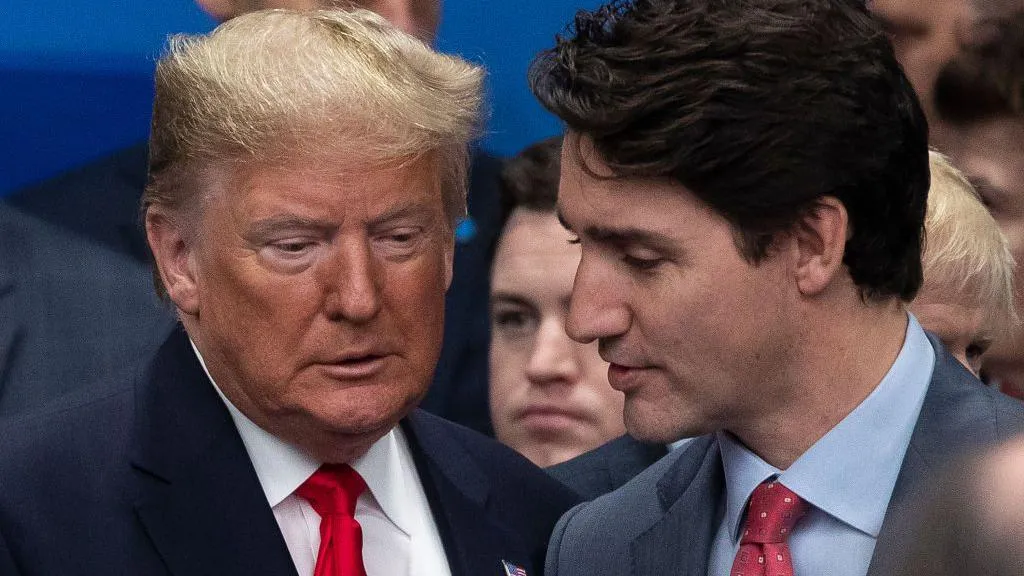


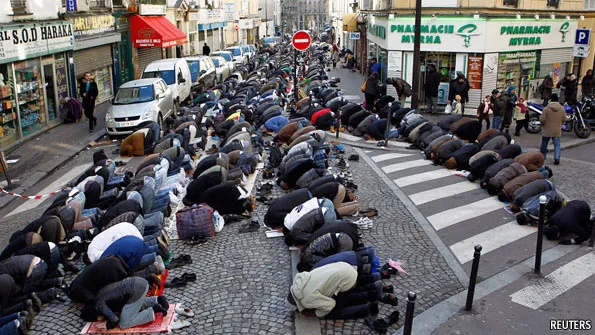
.JPG)
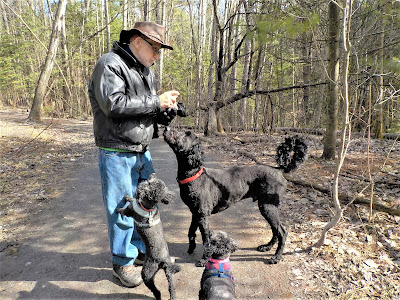
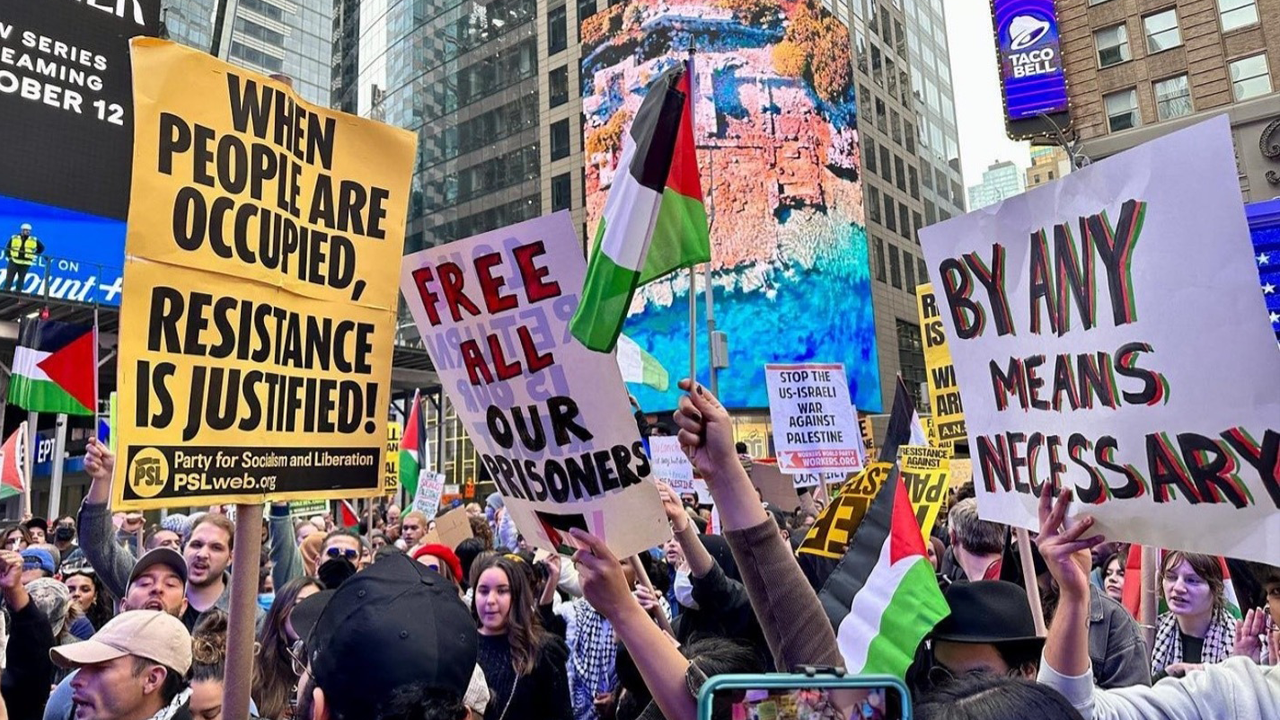

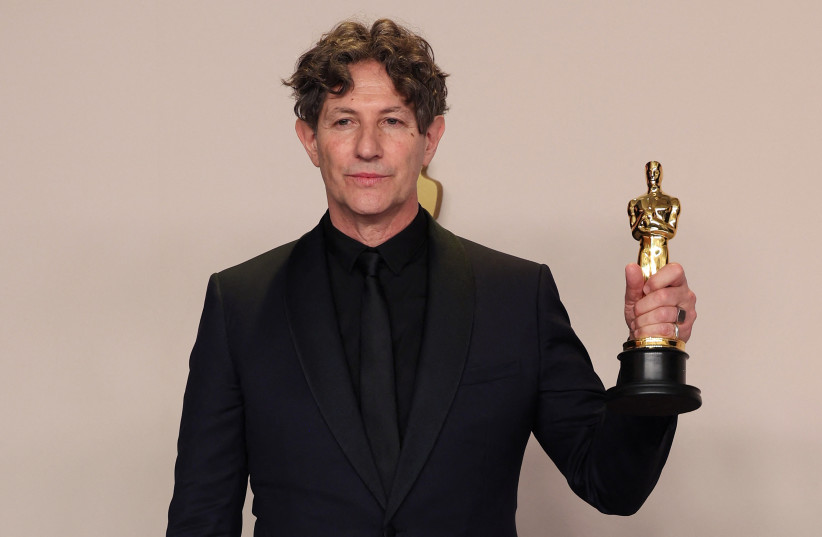





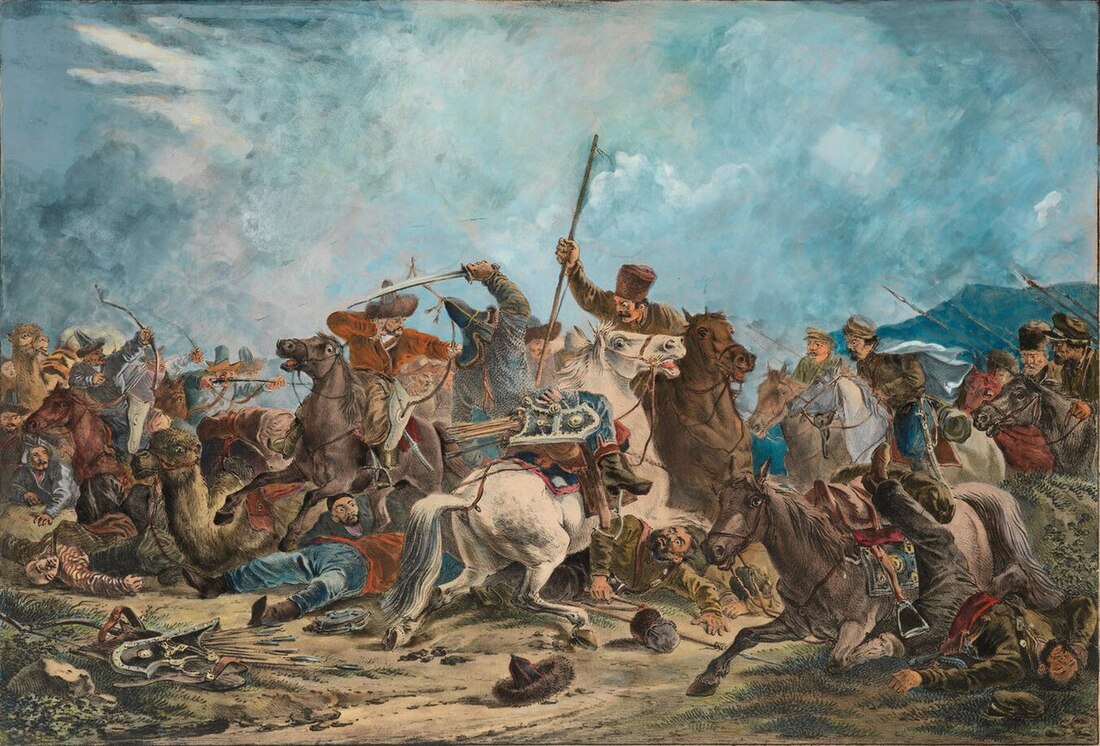


.jpg)



